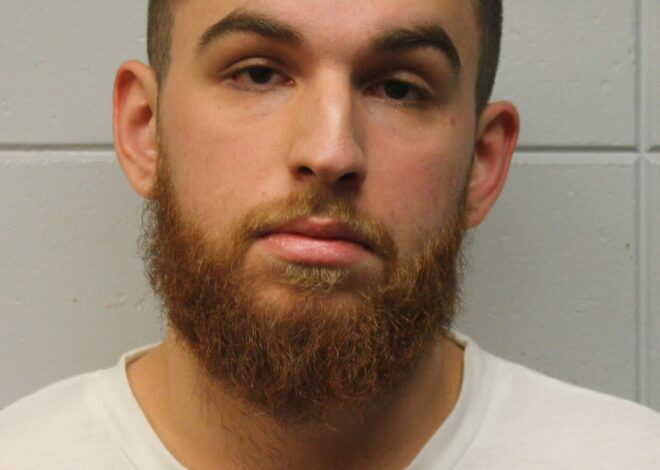Lack Of Forensic Nurse Training Barrier For SD Rape Victims
SIOUX FALLS, S.D. (AP) — A lack of forensic training for nurses across much of South Dakota is prolonging the distance rape victims need to travel in search of justice.
Certified sexual assault nurse examiners receive a week of training every three years and a test on how to counsel victims, collect DNA evidence, and serve as an expert witness in court if needed.
Only two nurses currently meet the criteria in South Dakota.
The state’s major hospital systems both offer training to nurses, but they also acknowledge beyond Sioux Falls a victim isn’t guaranteed to find a nurse highly trained to assist them in the critical first hours and days after an assault.
It’s a problem faced in other rural states, though no neighboring state has fewer certified sexual assault nurse examiners than South Dakota.
“Small facilities don’t have the money to staff a person for something like this,” said Paul Schoenfelder, chief nursing officer at Winner Regional Hospital.
The Sioux Falls Police Department has 160 untested kits in its evidence locker that it now plans to send to the state crime lab for testing.
Getting evidence to police in the first place, though, depends on access to nurses who know how to collect it. In much of the state, that might mean a several-hour drive to Sioux Falls. Schoenfelder said Winner often refers victims three hours away to Sioux Falls.
“My experience is when a sexual assault presents to a rural hospital, if they are inexperienced, they will refer that patient here,” said Christopher Carlisle, an emergency physician at Sanford Medical Center in Sioux Falls.
Sanford has two nurses, one in Sioux Falls and another who splits time between here and Brookings, who have sexual assault examiner certifications from the International Association of Forensic Nurses.
Two others at Sanford Aberdeen Hospital are working toward certification, and 10 more in Sioux Falls have completed some specialized training on rape examinations but not enough for certification.
Avera doesn’t have any certified sexual assault nurse examiners but it has 14 nurses in Sioux Falls and three in Yankton who have been through some training on the sexual assault exams.
“The medical forensic exam is more than the collection of evidence,” said Carey Goryl, chief executive of the International Association of Forensic Nurses.
Sexual assault nurse examiners are trained to take victims to a private area away from the bustling emergency room and then never leave the victim’s side until the process is over. The victim is interviewed, given a brief medical questionnaire and swabbed for DNA evidence. Injuries are documented and clothes are bagged as evidence.
It’s described as an embarrassing ordeal for the victim, but essential to the process.
“The biggest fear for a practitioner is that you screw something up so that the case against a person is compromised because the evidence kits were mishandled,” Carlisle said.
At hospitals without sexual assault nurse examiners, rape victims are treated like anyone else brought into the emergency room. They are typically placed in an emergency room with a nurse who is also responsible for several other patients, making one-on-one attention difficult.
“Things might be missed, questions may go unanswered, (and) referrals might not be made,” said Sandra Minter, one of South Dakota’s certified sexual assault examiners.
Efforts are under way to expand training and certification across the state.
The Compass Center, a Sioux Falls organization that offers counseling and advocacy services to victims of sexual assault and domestic violence, will pilot a four-day online training this year aimed at reaching rural nurses.
“We will see how this first one goes and if we feel like the nurses are getting the training they need we will try and push that out more the next time they offer it,” executive director Michelle Markgraf said.
Robin Huether, director of the emergency department at Sanford, said the health system is building its roster of certified sexual assault nurse examiners and expanding training to all emergency department nurses.
Avera plans to send trained nurses across the state to conduct hour-long sessions with nurses who have less experience working with sexual assault victims.
“We recognize not every nurse is a sexual assault examiner, nor can they be,” said Deb Fischer Clemens, Avera McKennan’s senior vice president for public policy, “but we also recognize we owe it to our patients to show the best care we can while collecting the evidence.”
___
Information from: Argus Leader,


